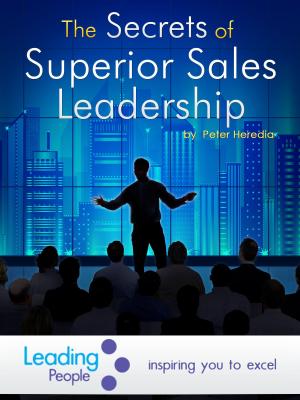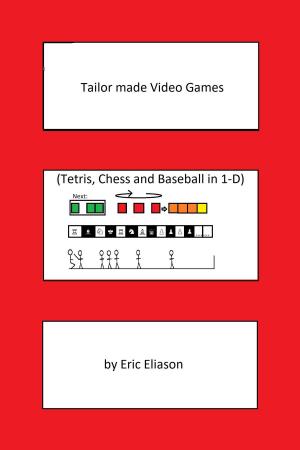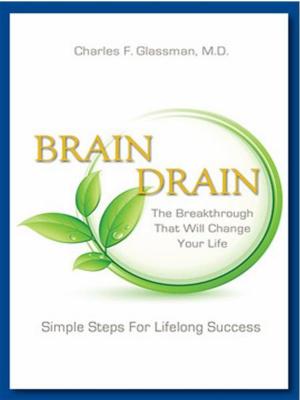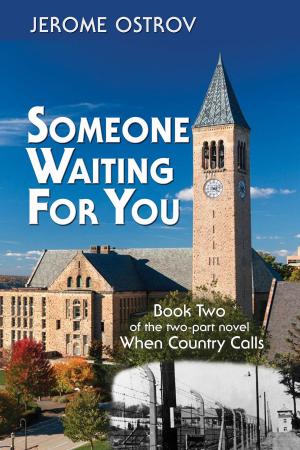Unlock Dyslexia: A Comprehensive Workbook
Unleash Your Potential
Nonfiction, Health & Well Being, Medical, Specialties, Internal Medicine, Neuroscience| Author: | Jared J. Makheja | ISBN: | 9781483580845 |
| Publisher: | BookBaby | Publication: | September 3, 2016 |
| Imprint: | BookBaby | Language: | English |
| Author: | Jared J. Makheja |
| ISBN: | 9781483580845 |
| Publisher: | BookBaby |
| Publication: | September 3, 2016 |
| Imprint: | BookBaby |
| Language: | English |
A study in 2014 by the National Center for Learning Disabilities stated the prevalence of those with learning disabilities living in poverty doubles the prevalence of those with learning disabilities not living in poverty. After reading this horrific fact, I began an organization, The Elevator Project Special Needs Program, which is dedicated to lifting those with learning disabilities out of poverty through individualized training of vocational and interpersonal skills, giving the individual the skills to acquire a full-time job and lift them and their families out of poverty. Through the organization, I have noticed that in addition to a customized training program, individuals with learning disabilities also need neuro-strengthening programs, where not only are they learning their specific trade, they are fully developing the learning skills they may be lacking. Furthermore, I noticed that loved ones and friends of those impacted by learning disabilities want to help. However, they lack the knowledge about the learning disability and don’t know what to do to assist their friend or loved one. As a result, I have developed many detailed, comprehensive guides in Unlock Dyslexia: A Comprehensive Workbook to help the families and friends of those with learning disabilities. Unlock Dyslexia begins with a comprehensive overview of dyslexia, how people are affected by it, and what are some learning aids to help those with dyslexia. Then, the workbook goes into three major impacted areas of dyslexia: the sense of sight, hearing, and spatial. For each of these impacted areas, there is a lesson on how to improve a) recognition, b) memory, and c) sequencing, along with body perception and spatial orientation. Under each impacted area, the workbook explains the science and the effect on dyslexics followed by three levels of curative exercises which increase in the level of difficulty as it builds the neuropathways in the dyslexic participant.
A study in 2014 by the National Center for Learning Disabilities stated the prevalence of those with learning disabilities living in poverty doubles the prevalence of those with learning disabilities not living in poverty. After reading this horrific fact, I began an organization, The Elevator Project Special Needs Program, which is dedicated to lifting those with learning disabilities out of poverty through individualized training of vocational and interpersonal skills, giving the individual the skills to acquire a full-time job and lift them and their families out of poverty. Through the organization, I have noticed that in addition to a customized training program, individuals with learning disabilities also need neuro-strengthening programs, where not only are they learning their specific trade, they are fully developing the learning skills they may be lacking. Furthermore, I noticed that loved ones and friends of those impacted by learning disabilities want to help. However, they lack the knowledge about the learning disability and don’t know what to do to assist their friend or loved one. As a result, I have developed many detailed, comprehensive guides in Unlock Dyslexia: A Comprehensive Workbook to help the families and friends of those with learning disabilities. Unlock Dyslexia begins with a comprehensive overview of dyslexia, how people are affected by it, and what are some learning aids to help those with dyslexia. Then, the workbook goes into three major impacted areas of dyslexia: the sense of sight, hearing, and spatial. For each of these impacted areas, there is a lesson on how to improve a) recognition, b) memory, and c) sequencing, along with body perception and spatial orientation. Under each impacted area, the workbook explains the science and the effect on dyslexics followed by three levels of curative exercises which increase in the level of difficulty as it builds the neuropathways in the dyslexic participant.















